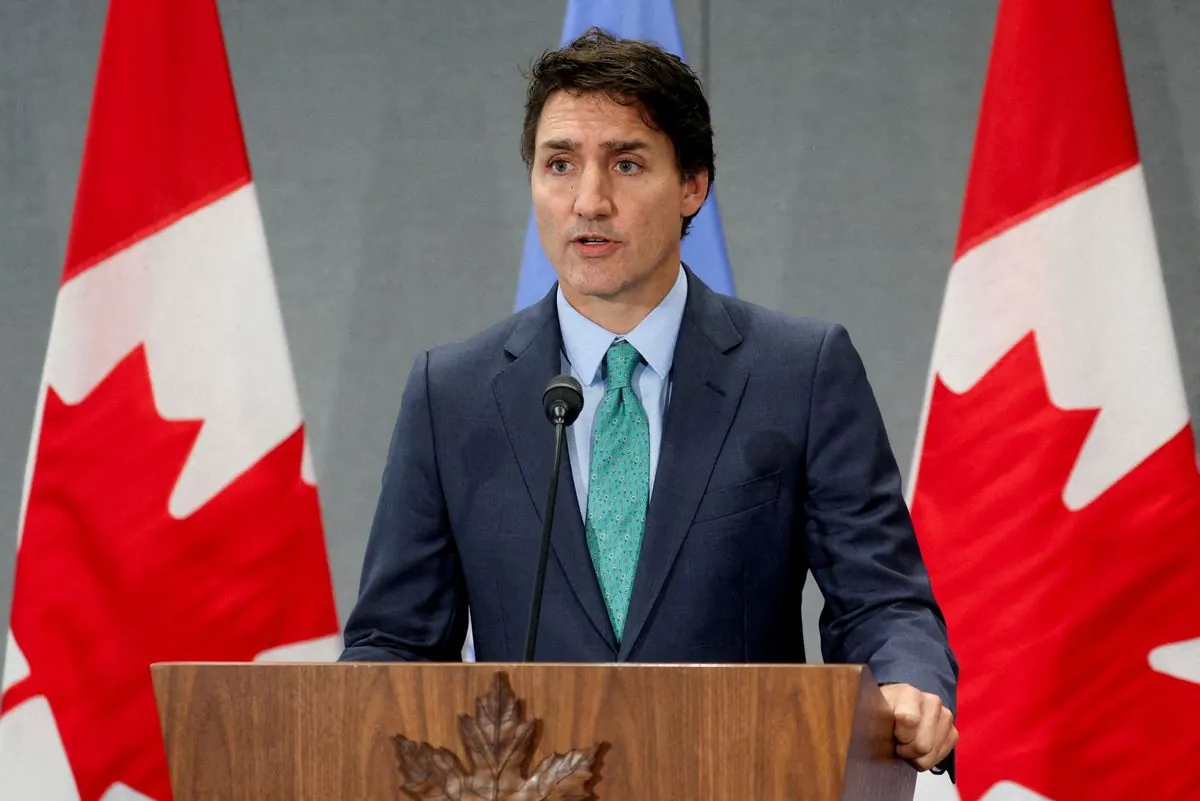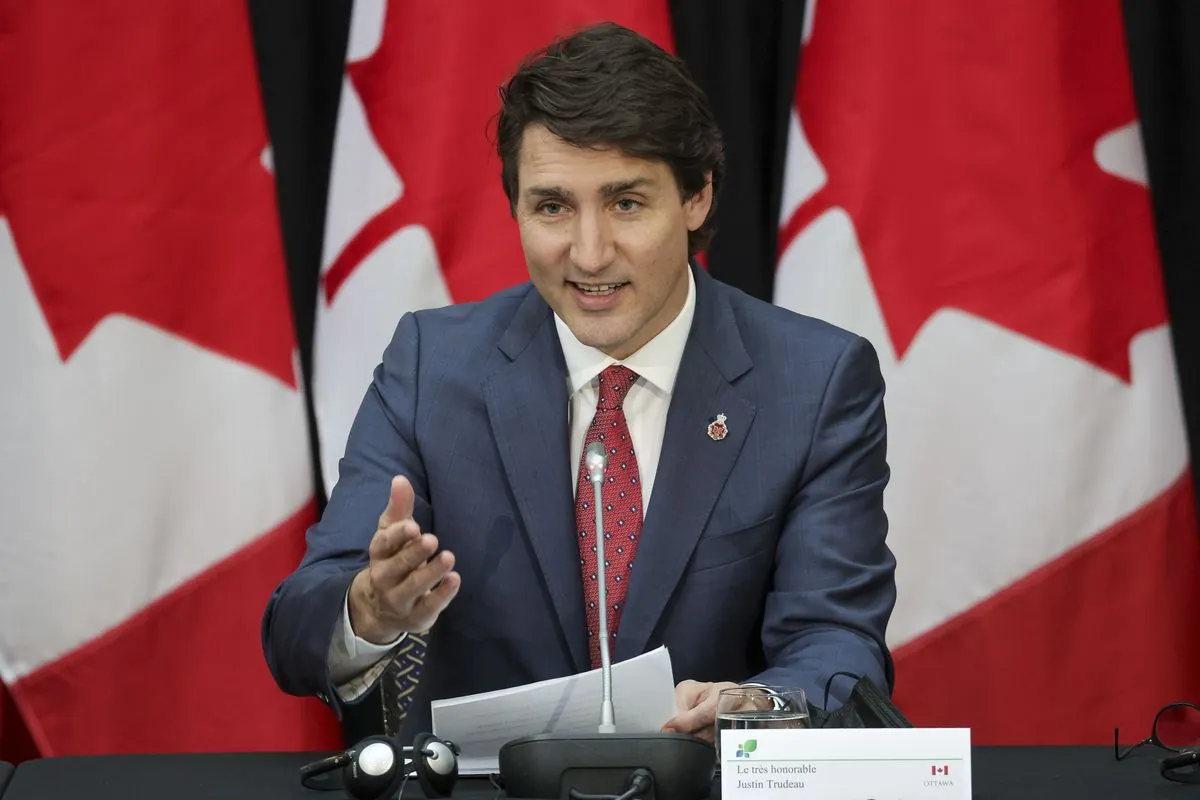Canadian Government Opts for Non-Intervention in Air Canada Pilots Dispute
Prime Minister Trudeau emphasizes collective bargaining in Air Canada pilots dispute, resisting calls for pre-strike intervention. Potential strike could impact 110,000 daily passengers and freight operations.

The Canadian government has decided not to intervene in the ongoing dispute between Air Canada and its pilots, as stated by Prime Minister Justin Trudeau on September 13, 2024. This stance comes despite pressure from various business groups urging government action to prevent a potential strike scheduled for September 18, 2024.
Air Canada, Canada's largest airline by fleet size and passenger volume, along with its low-cost subsidiary Air Canada Rouge, operates approximately 670 daily flights. A work stoppage could affect an estimated 110,000 passengers daily and disrupt freight operations. The airline, founded in 1937 and fully privatized in 1989, serves over 200 destinations worldwide and is a founding member of the Star Alliance.
Trudeau emphasized the importance of collective bargaining, stating:
"We believe in collective bargaining, and we're going to keep pushing people to do it. I'm not going to put my thumb on the scale on either side. It is up to Air Canada and the pilots' union to do the work to figure out how to make sure that they are not hurting millions of Canadians."
The Prime Minister's stance reflects the government's commitment to allowing labor negotiations to proceed without premature intervention. This approach differs from the recent handling of a dispute involving Canadian Pacific Kansas City and Canadian National Railway, where Labor Minister Steven MacKinnon intervened within 24 hours to end a stoppage in August 2024.

MacKinnon, who possesses broad powers to address labor disputes, has met with both Air Canada and the pilots' union. However, significant differences remain, particularly regarding wages. The situation has drawn attention from prominent business organizations, including the Business Council of Canada, the Canadian Chamber of Commerce, and the U.S. Chamber of Commerce, which jointly called for government intervention to prevent the strike.
The dispute occurs against the backdrop of Canada's complex labor relations landscape, governed by the Canadian Labour Code for federally regulated industries. The airline industry, a significant contributor to Canada's GDP, has faced numerous labor disputes throughout its history.
As the situation unfolds, all eyes are on the negotiations between Air Canada and its pilots, with the potential strike date looming. The outcome of this dispute could have far-reaching implications for Canada's air travel sector and its economy as a whole.


































